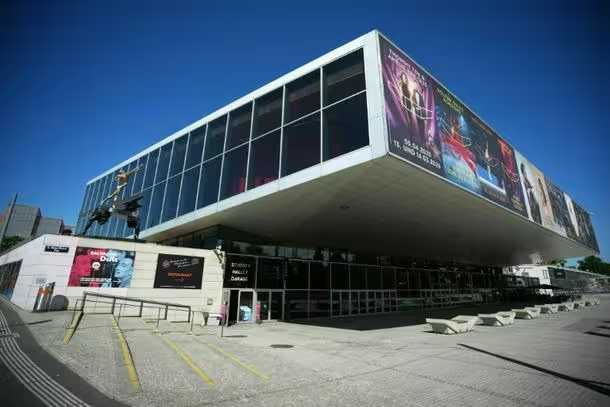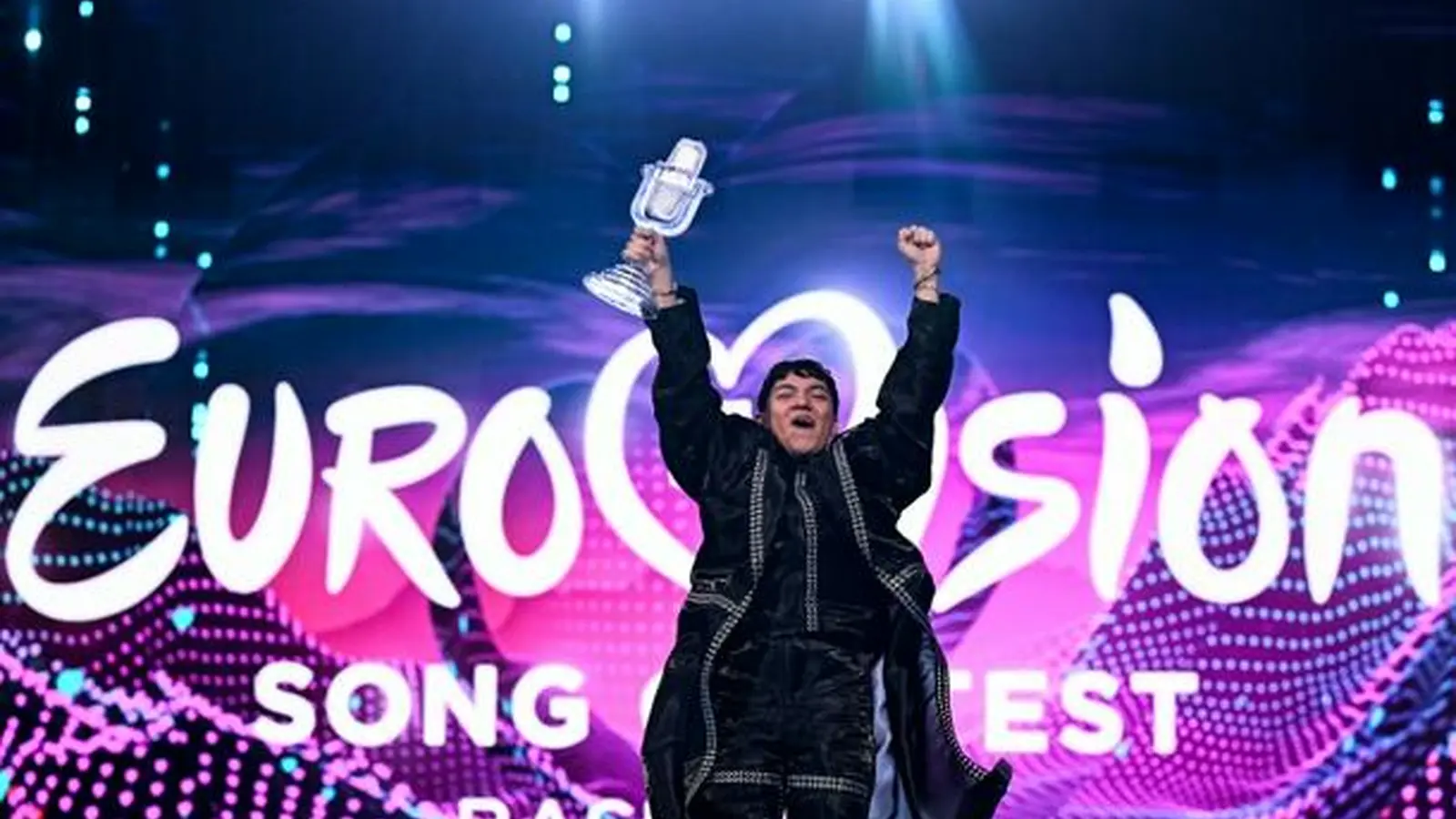5 Minutes
Vienna wins Eurovision 2026 — a return to a city of spectacle
Eleven years after Conchita Wurst’s unforgettable victory, Vienna has been chosen to host the Eurovision Song Contest 2026. Following Austrian singer JJ’s triumph in Basel with the techno-opera hybrid “Wasted Love,” Austria will welcome delegations, fans and production crews to the Wiener Stadthalle next May. The final is set for May 16, with semi-finals on May 12 and 14 — dates that already have tour managers and production designers penciling in rehearsals and camera rehearsals.
Where pop meets production design
Vienna’s bid — summed up by the playful slogan “Europe, shall we dance?” — leaned heavily on the city’s history of large-scale cultural production. Wiener Stadthalle, a central venue with a 16,000-seat main hall that previously hosted Eurovision in 2015, offers the kind of infrastructure that makes ambitious live broadcasts possible: expansive backstage space, robust rigging points for lighting and scenic elements, and proven transport connections that are critical for crew, camera trucks and set pieces arriving from across Europe.
Cinematic staging and concert-film potential
For film and series aficionados interested in production values, Eurovision is increasingly resembling a live-action music film each year. Directors and creative teams increasingly borrow techniques from concert films and music videos — rapid cutting, immersive LED environments and choreographed camera moves — making each contest a study in live audiovisual storytelling. Expect 2026 to be no different: producers will likely lean into cinematic stagecraft to deliver shots worthy of social clips and music-streaming playlists.
From Conchita to JJ: continuity and change
Vienna’s return recalls 2015, when Conchita Wurst’s impact rippled through both pop culture and politics. The city still wears that legacy — from the iconic traffic lights featuring same-sex and heterosexual couples (a local innovation that became permanent) to open statements about cosmopolitan values. JJ’s “Wasted Love” continues the tradition of Eurovision songs that fuse genres and visuals to make a cross-generational impact: this year’s show reached 166 million viewers across broadcasts and boosted engagement on Instagram and TikTok, with 60 percent of viewers in the 15–24 bracket.

Politics on the stage: controversy and response
Eurovision has never been just a music contest. This year’s edition in Basel saw protests and heated debate after Israel — which finished second — was allowed to compete amid the Gaza war. JJ’s immediate comments calling for Israel’s exclusion sparked criticism and a subsequent clarification from his label. That controversy highlights how live televised events double as major cultural flashpoints, where art, national representation and geopolitics intersect.
Budget and local politics
Vienna has earmarked about €22.6 million to stage the event, an investment framed by city officials as an economic and cultural win. Critics, including Austria’s far-right Freedom Party, have attacked Eurovision as a “queer, left‑wing, woke spectacle” and questioned public spending. Supporters counter that the contest drives tourism, hospitality bookings and global visibility — a familiar argument for any city hosting blockbuster live events or large film festivals.
Industry perspective and cultural impact
Eurovision’s role as an international pop platform is comparable to breakout mechanisms in the film and TV industry: think of how festivals can propel arthouse directors or how a hit streaming series can launch careers. For artists, a memorable Eurovision performance can translate into international tours, sync deals, and a surge in streaming — similar to how a song featured in a hit series soundtrack can change an artist’s trajectory overnight.
"Eurovision functions like a live, continent-spanning premiere night," says cinema historian Marko Jensen. "The production teams are effectively staging a nightly short-form concert film for millions, and that drives innovation in lighting, camera choreography and narrative performance on stage."
Trivia, fandom and what to watch for
Fans can expect high production values, viral-ready staging moments, and a wave of national pride-based performances. Trivia lovers will enjoy how Vienna reinvents small gestures: the 2015 traffic lights are a reminder that Eurovision moments can have civic afterlives. Watch also for creative directors drawing on Vienna’s classical heritage while pushing modern visual effects — a juxtaposition that often produces memorable Eurovision tableaux.
Conclusion: Eurovision as living spectacle and cultural mirror
Vienna 2026 promises a blend of sophisticated production design, pop-cultural spectacle and unavoidable political conversation. For cinephiles and music fans alike, the contest is a yearly laboratory where stagecraft meets storytelling, launching new talent and testing the limits of live televised art. Whether you follow the contest for the performances, the camera work or the cultural debates, Eurovision remains a unique event that sits at the crossroads of music, television and global cultural trends.
Source: m.ultrasurfing


Leave a Comment